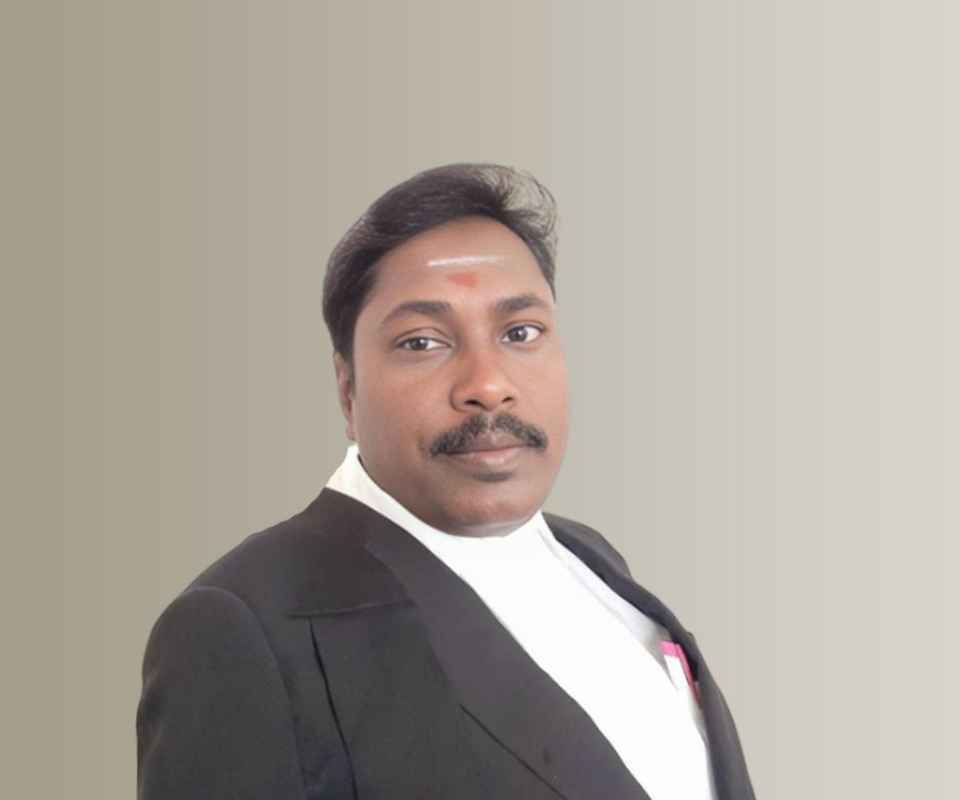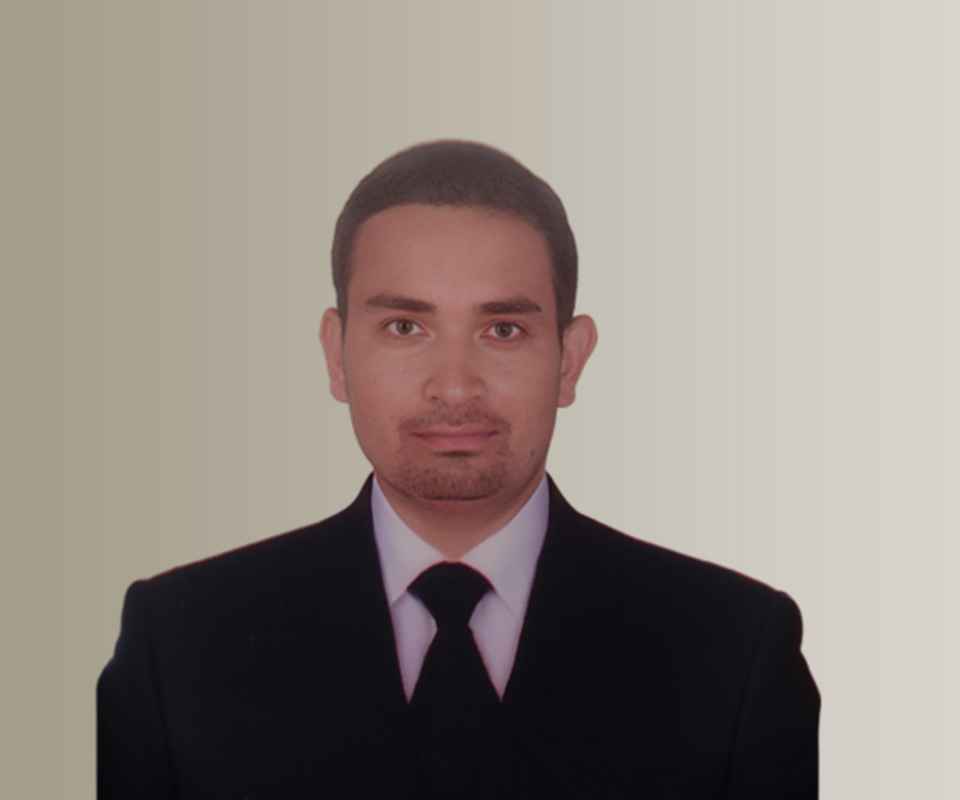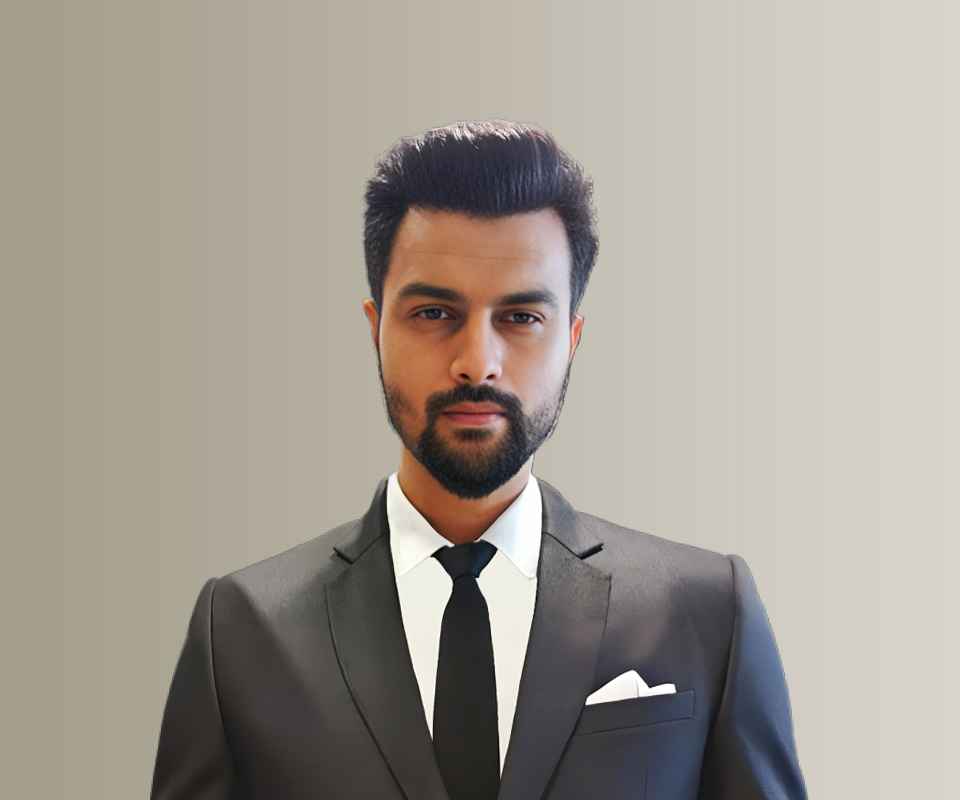Answer By law4u team
With the global advancement of LGBTQ+ rights, more same-sex couples are building families through adoption, surrogacy, or co-parenting. However, custody disputes in such relationships can be complicated due to varying legal recognition of same-sex marriages and parenting rights across countries, including India. Courts are increasingly guided by the best interest of the child, but legal ambiguity regarding non-biological or non-adoptive parents still presents challenges. Understanding these dynamics is crucial for protecting both child welfare and parental rights.
Custody Resolution in Same-Sex Relationships
1. Legal Status of Same-Sex Relationships in India
While Section 377 of IPC was decriminalized in 2018, same-sex marriages are not yet legally recognized in India.
This lack of marital recognition affects the legal standing of same-sex couples in custody matters.
2. Biological vs. Legal Parenthood
The parent who is biologically related or legally adopted the child generally has stronger custody rights.
The non-biological parent in a same-sex relationship may face legal hurdles if their parental role is not formally documented.
3. Adoption and Guardianship
Currently, under Indian adoption laws (HAMA and JJ Act), only single individuals or heterosexual married couples are allowed to adopt jointly.
A same-sex partner may adopt as a single parent, but joint custody or co-parent adoption is not legally recognized.
4. Role of the Best Interest of the Child Doctrine
Indian courts, like many global jurisdictions, prioritize the emotional, educational, and physical welfare of the child over the sexual orientation of the parent.
If the child has a strong bond with both same-sex partners, the court may grant visitation rights or even consider shared custody, especially if the non-biological parent played a significant parenting role.
5. Recognition of Parenting Roles
In the absence of legal adoption, courts may recognize the psychological parent – the non-biological parent who has consistently acted as a caregiver.
Such recognition is based on the child’s attachment and dependency, not solely on legal documentation.
6. International Comparisons and Influence
In many countries where same-sex marriage is legal (e.g., USA, Canada, UK), both partners can be legal parents, and custody is determined like any other divorce.
Indian courts are slowly evolving and occasionally refer to global human rights standards when dealing with same-sex parenting issues.
7. Mediation and Family Court Intervention
Due to the sensitivity of these cases, courts often suggest mediation first.
If mutual agreement fails, the family court evaluates factors such as:
- Child’s emotional needs
- Living environment
- Parental conduct and financial stability
- The child’s preference (if mature enough)
Example
A lesbian couple raises a daughter conceived via artificial insemination. One woman is the biological mother, while the other took equal part in parenting. After separation, the biological mother denies the other partner any access to the child.
Steps the non-biological parent should take:
- File a guardianship petition under the Guardians and Wards Act, 1890 in the family court.
- Present evidence of active parenting—school records, photos, joint financial support, and caregiving involvement.
- Request visitation or shared custody based on the child’s emotional connection and dependence.
- Argue based on the best interest of the child and refer to global precedents supporting psychological parenting.
- If denied legal custody, request at least regular contact and visitation rights, possibly under court supervision.







